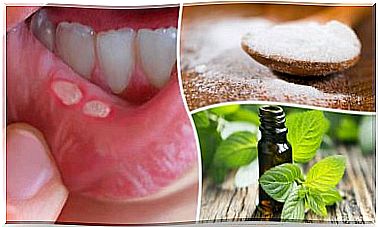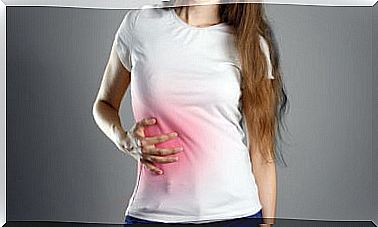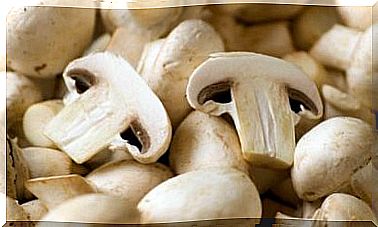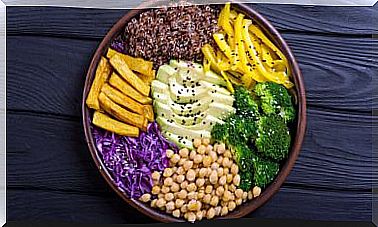Symptoms That Afflict You Due To Bacterial Overgrowth In The Intestine
Although we can relate them to other ailments or dismiss them because we believe they are normal, if we present several of these symptoms we must go to a specialist to rule out major health problems
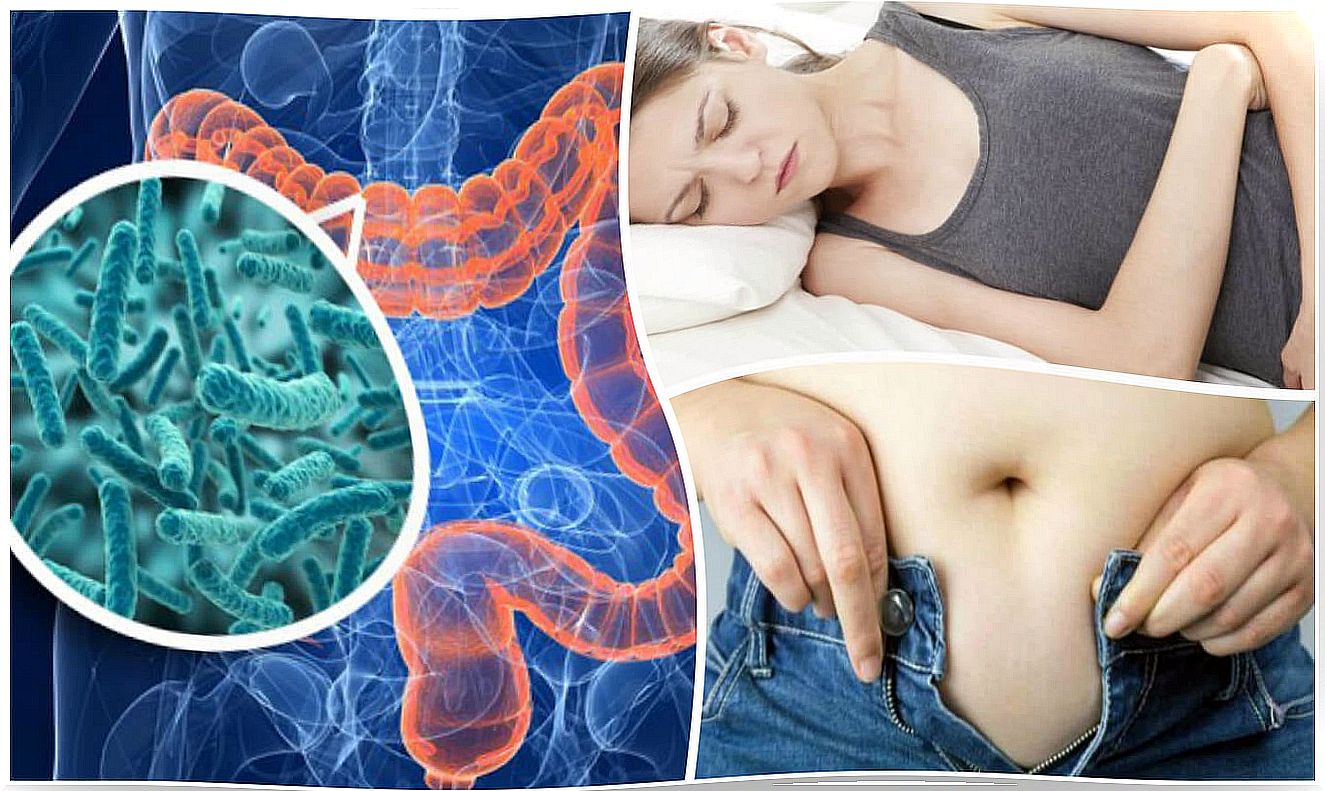
Bacterial overgrowth in the small intestine (SBID) is a disorder that occurs when bacteria grow out of control, causing an infection.
It is characterized by causing strong inflammation in the digestive system, although it also tends to cause flatulence, pain, and other discomforts that tend to recur.
It is quite common among those who have a diet rich in sugars, fats and refined products, since many strains of bacteria grow easily after feeding on these types of components.
Even as a result of this condition, microorganisms can break down bile salts before the body uses them in the process of digesting fats.
As a consequence, there is a poor absorption of lipids, in addition to diarrhea and metabolic difficulties.
The most worrying thing is that there are those who are not aware that they suffer from it, since many of its symptoms tend to be confused with a common digestive discomfort.
This situation not only complicates its timely treatment but, over the days, it can lead to serious complications.
Due to this, it is very important to know the signs with which it manifests and what factors can influence its appearance.
This time we want to reveal its 7 main symptoms and some of its associated causes.
1. Abdominal bloating
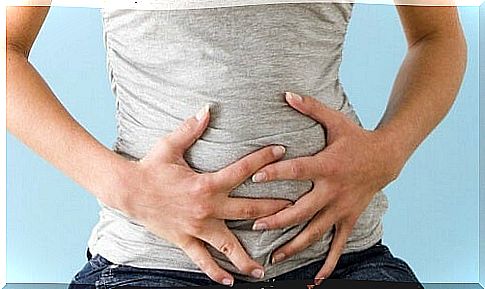
Bloating is a digestive problem characterized by a feeling of bloating and abdominal discomfort.
It usually appears after eating a meal that is too abundant and copious, although it is also related to the excessive growth of bacteria in the intestine and the accumulation of gases.
Those who suffer from it often feel fullness, tension in the stomach wall and annoying roaring.
2. Food intolerances
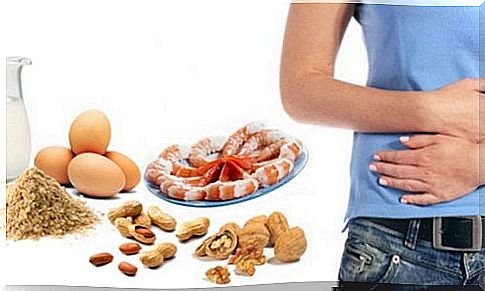
Starting to suffer from a food intolerance may have to do with the activity of bacteria in the intestine.
Since harmful strains grow excessively, the process of digestion of proteins and fats is compromised, and can cause certain discomfort when eating foods such as:
- Coffee
- meats
- Milk and derivatives
- Fructose-rich foods
- Breads or cakes
3. Abdominal cramps

While abdominal cramps can be triggered by many factors, bacterial overgrowth is a primary cause.
The alteration of healthy bacteria and the increase of harmful strains generate a continuous sensation of pain that can even interfere with daily tasks.
4. Feeling of fatigue

Most people know that fatigue is a very common symptom in many diseases that affect the body.
Despite this, it is important to mention it, since it is quite common among those who are having problems in their intestines.
Since the excessive growth of bacteria prevents the optimal use of nutrients, it is common for the person to feel down, without strength and with continuous physical and mental discomfort.
5. Diarrhea
The bacterial imbalance that originates in the intestine tends to compromise the mechanisms that are responsible for digesting fats, causing not only their accumulation, but also symptoms such as diarrhea.
In this case, it occurs as a response of the body in its desire to combat the bacterial action that affects its functions.
6. Constipation
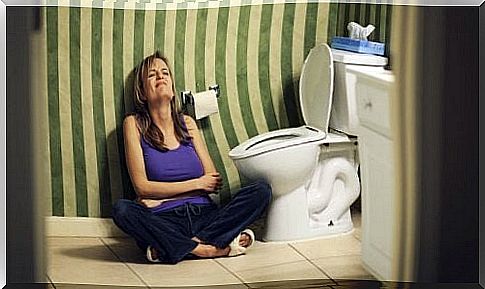
Although it is less frequent than diarrhea, in some patients continuous episodes of constipation can develop due to this condition.
This disorder is characterized by an alteration of the intestine that causes excessive hardening of the stool, making it difficult to expel.
7. Nutritional deficiencies
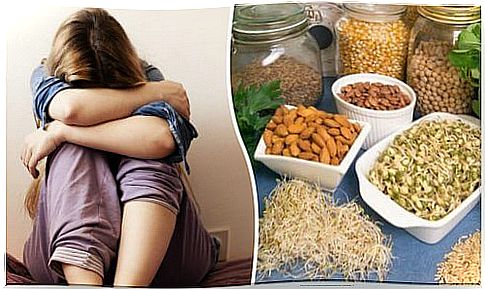
The alterations that the intestine undergoes due to the abnormal growth of its bacteria prevents the nutrients from being absorbed correctly and, with the days, the person begins to suffer nutritional deficiencies.
What are the causes of bacteria overgrowth?

This disorder occurs when something interferes with the digestive process, preventing it from transporting bacteria and waste to the colon.
This can occur due to damage to the nerves and muscles of the intestine, either from the excessive consumption of some medications or the development of diseases such as diabetes.
It is also linked to physical obstructions in the intestine, such as scars, ulcers, or Crohn’s disease.
In addition, as we mentioned before, it is very common due to the excessive intake of refined products, alcohol and sugars.
Taking into account all these symptoms and consulting the doctor in a timely manner is decisive to avoid the development of more serious diseases.
For an accurate diagnosis the doctor may prescribe urine tests or whole stool samples.
Treatment usually includes dietary modifications and some antibiotic medications.
